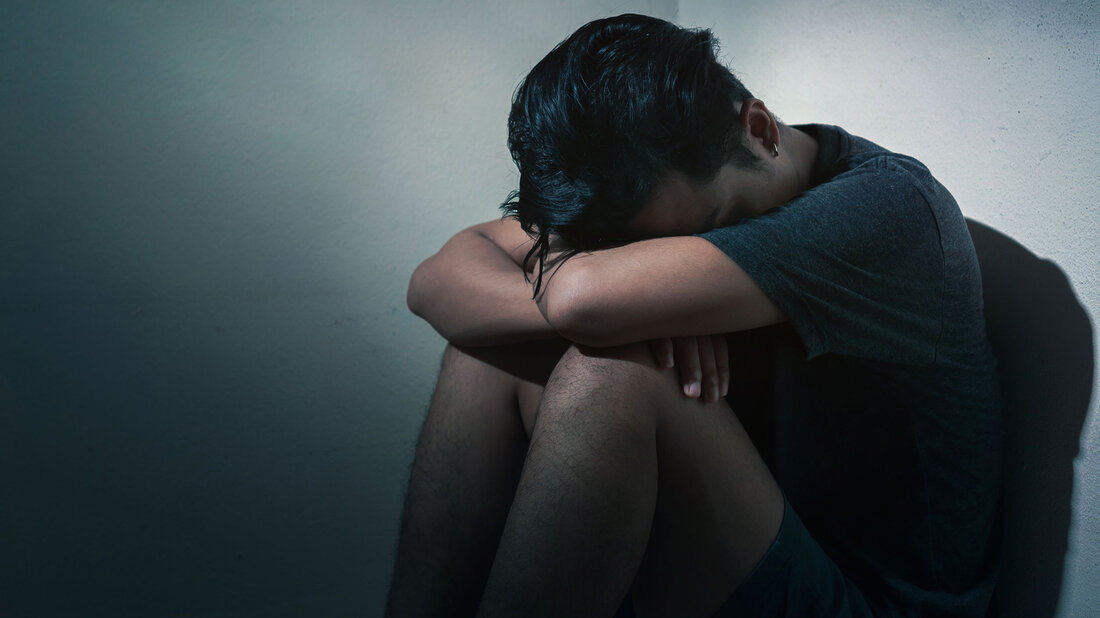Disenfranchised grief and depression
Disenfranchised grief is grief experienced by a person that is not openly acknowledged, socially validated, or publicly observed. The loss suffered is real, but the survivors are not granted the “right to mourn” by anyone around them. An individual can have an intense and multifaceted reaction to loss, yet the people around them are completely ignorant or invalidate the sadness that person may feel. Society in general is simply not comfortable with grief and, for the most part, completely ignores many instances of grief. Some examples of disenfranchised grief include: 1) Loss of a...

Disenfranchised grief and depression
Disenfranchised grief is grief experienced by a person that is not openly acknowledged, socially validated, or publicly observed. The loss suffered is real, but the survivors are not granted the “right to mourn” by anyone around them. An individual can have an intense and multifaceted reaction to loss, yet the people around them are completely ignorant or invalidate the sadness that person may feel. Society in general is simply not comfortable with grief and, for the most part, completely ignores many instances of grief.
Some examples of disenfranchised grief include:
1) Loss of pregnancy due to miscarriage
a. People say stupid things like “You can always have another baby
2) Loss of a pregnancy due to abortion
a. There is no public venue and there is a complete lack of permission to mourn the loss of voluntary abortion
3) Loss of a child in an adoption process
a. Complete lack of understanding from society as a whole
4) Death of an ex-husband or wife
a. People say, "Wow! You should be glad they're not in your life now!"
5) Breaking up with a gay couple
a. Complete lack of recognition from society as a whole.
When a person is in a disenfranchised state of grief, they are unable to process the emotions associated with that loss. They usually do this all alone and without a support system. The grieving process is always best done in community. It is important that others share the tears and pain of loss. However, in the above cases, the parties involved in these losses are completely abandoned and isolated in their pain.
While there is a large movement of grief support groups in our nation, even these are unlikely to touch on the losses mentioned above unless someone finds their specific group niche. They are available but sometimes difficult to find.
The grieving process can be a long, difficult and painful process. The ideal way to grieve again is to have someone walk with you through this valley of pain. It is the isolation and abandonment that piles even more coals of pain on the heart in a disenfranchised grief situation.
Without reassurance and reassurance from another person, the feelings of sadness are suppressed. At some point, a person with disenfranchised grief will face a full-blown case of depression.
Some common signs of depression include:
1) Lack of interest in things that used to bring joy
2) Difficulty getting out of bed in the morning
3) Sluggish, tired feeling
4) Unable to sleep or sleep restlessly
5) General feeling of sadness
6) Crying
7) Be afraid
Disenfranchised grief needs community to heal. If you are suffering from depression caused by disenfranchised grief, it is important that you find someone to walk with you through the valley of sadness. You can either find a professional trained in grief counseling or find the specific support group that would concern you. At the very least, it's important that you find a friend who can hear your story and who is a safe place to cry with you.
Inspired by Trudy Johnson

 Suche
Suche
 Mein Konto
Mein Konto
